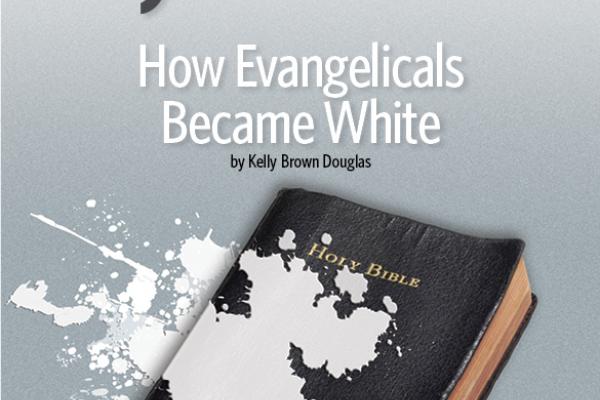IN THIS ISSUE, Victoria Newton Ford writes about Ava DuVernay’s forthcoming movie adaptation of Madeleine L’Engle’s bestselling fantasy novel A Wrinkle in Time. As in the book, Meg Murry travels through time to find her missing father. But DuVernay, who also directed Selma (2014) and 13th (2016), adds a twist. In the film, Meg and her brother, Charles Wallace, are black. For Ford, this delivers something the novel cannot: “a hero of the universe who, in our current political space and time, is afforded the least agency.” In other words, writes Ford, “Meg is an angry black girl.”
A film that depicts a black protagonist—in all her fury, pain, and love—is especially radical, Ford explains, because America has continually “sought to conscript ... black [women] into a toolbox for the country’s deliverance.” She points to the political heroization of Oprah, Michelle Obama, and the black women voters in Alabama who defeated Roy Moore’s senatorial bid.
Read the Full Article

